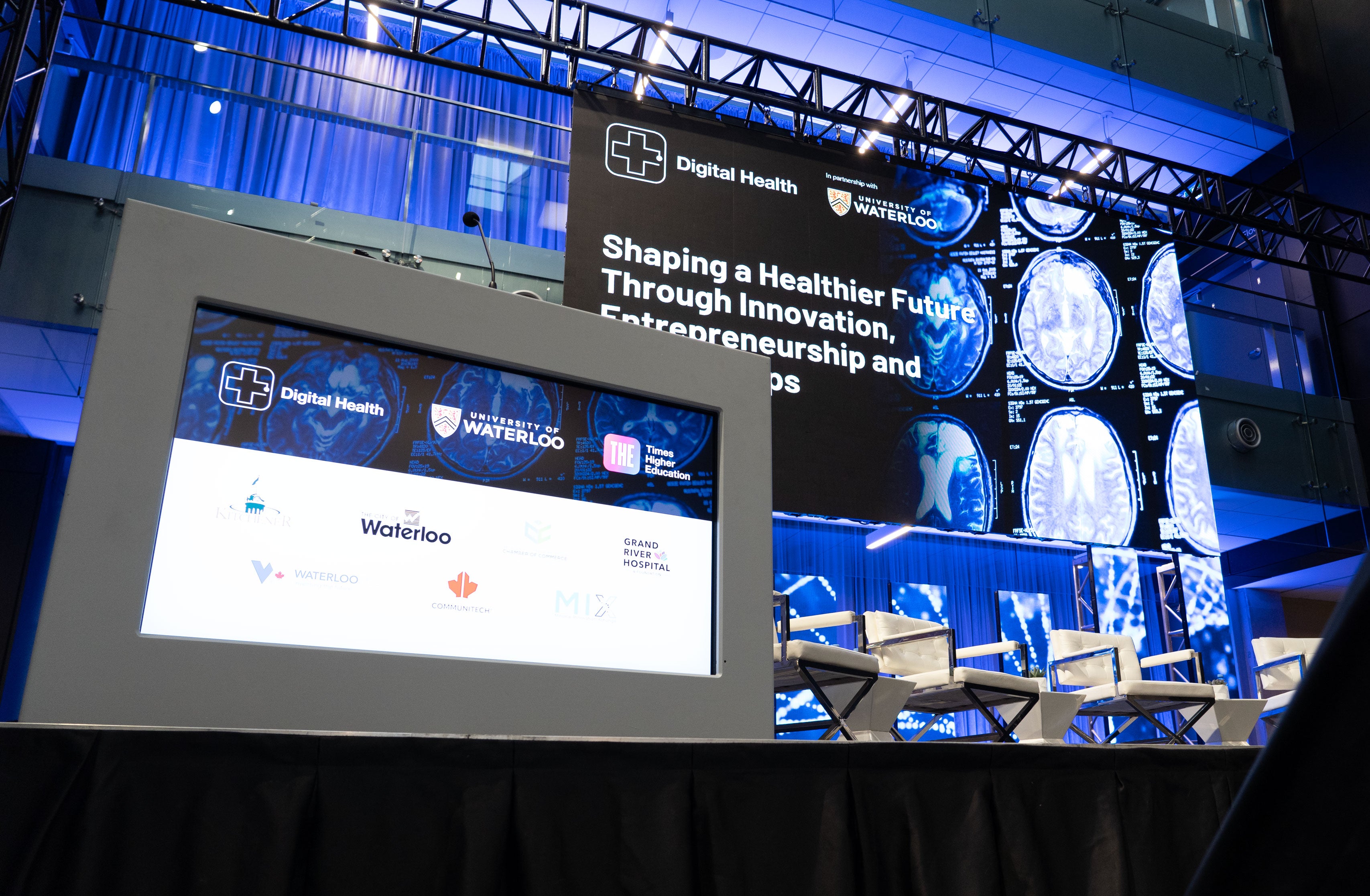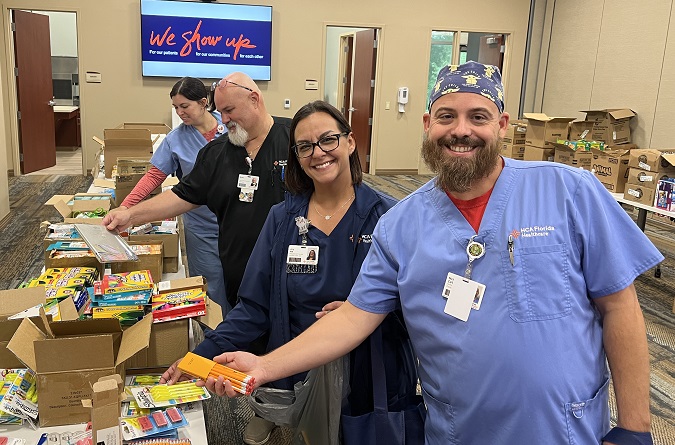Zameer Rizvi is CEO and Founder of Odesso, improving patient outcomes through artificial intelligence and machine learning.
Healthcare technology is evolving fast: AI-powered diagnostics, health trackers and robotic-assisted surgeries are just a few of the innovations changing the game.
With all this progress comes a major challenge: security. Without a security-first mindset, even the most groundbreaking innovations can be compromised, putting patient data, trust and even lives at risk.
The Increase Of Cyber Threats In Healthcare
It’s 2025, and medical technology is more advanced than ever. AI-driven tools are helping doctors with more accurate diagnoses, remote monitoring is keeping patients connected to care and new treatments are being developed at an incredible pace.
The truth is that cyber threats are evolving just as fast. For health tech companies, security isn’t just crucial; it’s non-negotiable. So, what does it mean to take a security-first approach, and why does it matter so much for advancing MedTech innovation? Let’s break it down.
Why Patient Data Is A Goldmine For Cybercriminals
Smart technology in healthcare can collect a ton of personal and sensitive information, including medical histories, test results and even real-time health data. AI-driven tools, wearable health devices and remote monitoring systems all rely on this data to function effectively.
This innovation has also become a goldmine for cybercriminals.
In 2024 alone, 172 million people in the U.S. had their health data exposed in major breaches, according to the Department of Health and Human Services Office of Civil Rights. When patient data gets into the wrong hands, it becomes more than a privacy issue; it can lead to fraud, identity theft and even compromised medical treatments.
A security-first approach means companies need to build protection into their systems and the AI technologies they rely on from day one. This includes strong encryption, real-time threat monitoring and strict access controls.
Trust Is Key
In healthcare, trust is everything. Patients need to know their personal information is kept safe, and hospitals need confidence that the technology they’re using won’t put them at risk. One security breach can wipe out years of credibility and create serious legal and financial problems.
That’s why security can’t be an afterthought. It has to be part of the process from the start. Companies that follow strict security practices and regulations (like those required by HIPAA) aren’t just checking a compliance box; they’re proving to patients and healthcare providers that they take data protection seriously.
Balancing Security And Innovation
AI is shaping the future of healthcare, but it can also create new security risks without the right measures.
Take, for example, the Cerebral data breach in 2023. The mental health startup unintentionally exposed the protected health information (PHI) of over 3.1 million patients to advertisers. The company had installed tracking pixels from Google, Meta and TikTok, which led to PHI being leaked. As a result of this violation, names, phone numbers, email addresses, birthdates, IP addresses and even patients’ self-assessments may have been exposed.
Breaches like these can be prevented with strong security measures. Most importantly, healthcare and IT teams at MedTech companies must be fully aligned and ensure they work together to close any security gaps.
The Future Of MedTech
MedTech is driving incredible advancements in healthcare. We see this in recent technology such as the integration of AI, wearable devices and telemedicine. Without security at its core, these innovations could become liabilities instead of breakthroughs.
Instead of reacting to security breaches when they happen, companies must take a proactive approach by building security into every layer of their technology from the start.
The organizations that make security a priority will be the ones shaping the future of healthcare. For those that don’t, they risk losing everything, including trust, credibility and their place in the industry.
One thing is certain: Security isn’t just a box to check—it’s a fundamental framework that should guide every decision an organization makes. It’s the foundation for lasting, meaningful innovation in MedTech.
Forbes Technology Council is an invitation-only community for world-class CIOs, CTOs and technology executives. Do I qualify?
link







More Stories
Shaping the future of health through innovation and entrepreneurship | Waterloo News
What’s Missing in MedTech Innovation? The Journey Toward Plug-and-Play Device Interoperability
Veru to Participate in Fireside Chat at the Jones